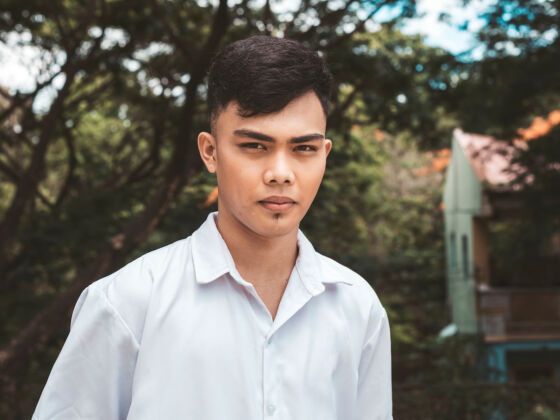WHILE THE PHILIPPINES allows nationals from 157 countries to enter its borders visa-free, Philippine passport holders are allowed to enter only 58 countries and territories without a visa.
As I’ve learned from my grandmother, a retired US immigration officer, the way some Filipinos behave (or misbehave) abroad has made it difficult for the rest of us to secure a visa.
